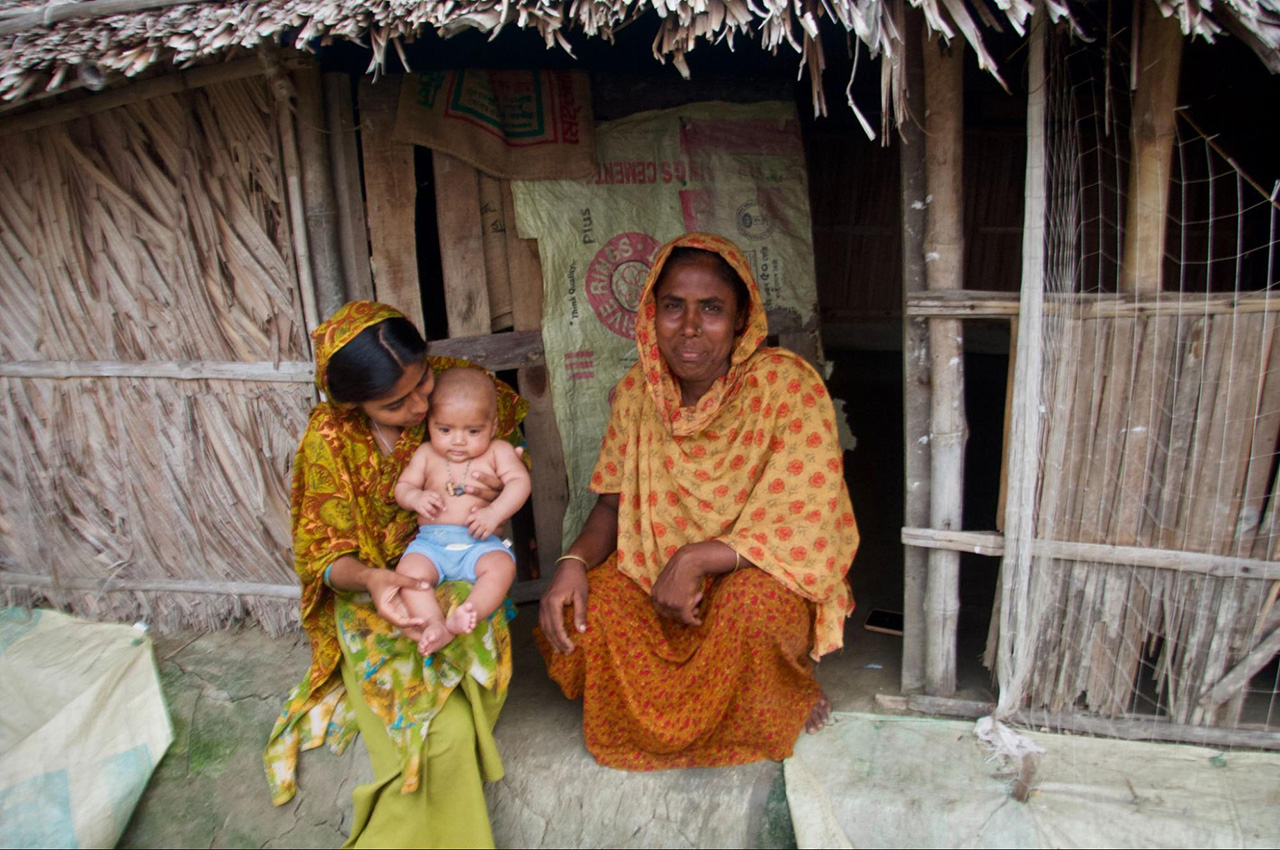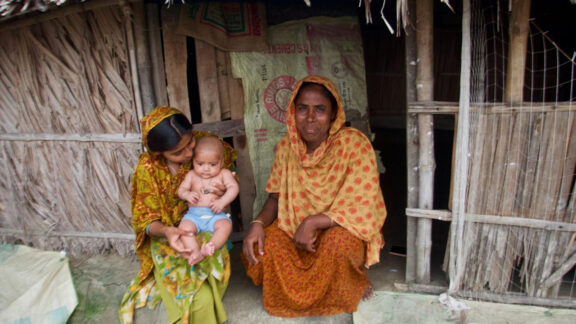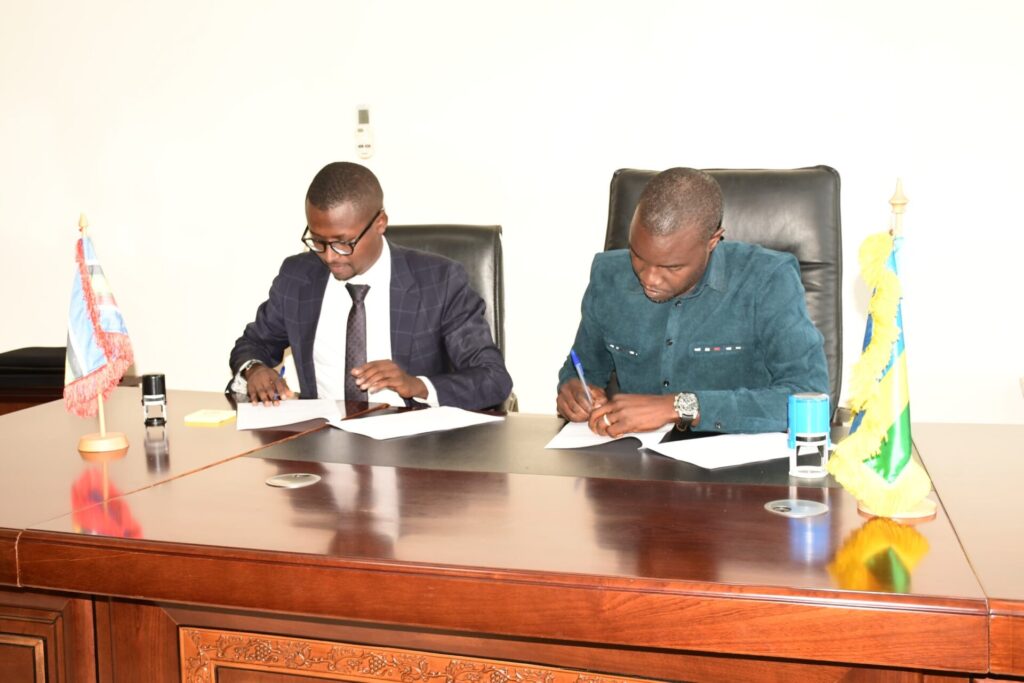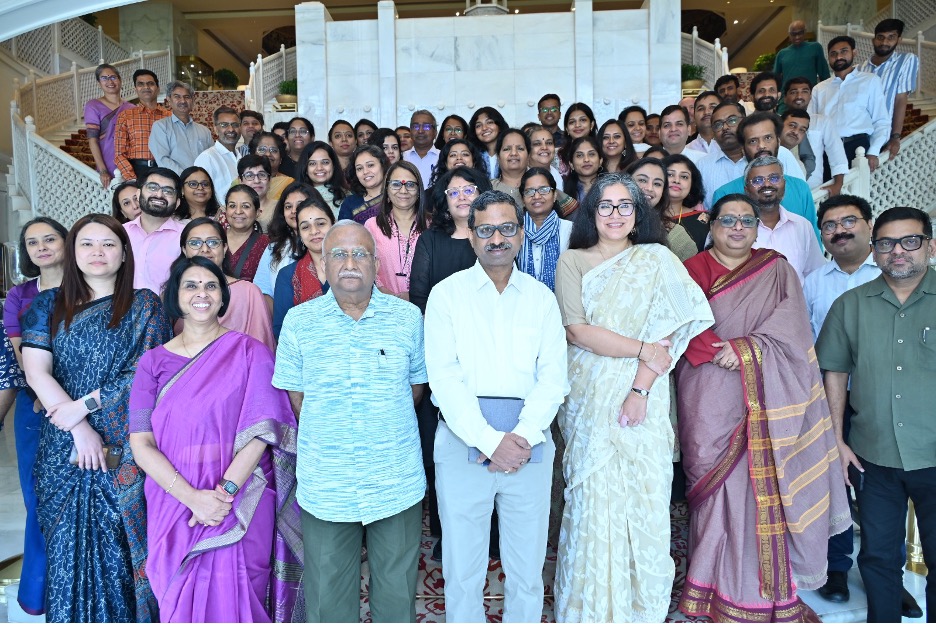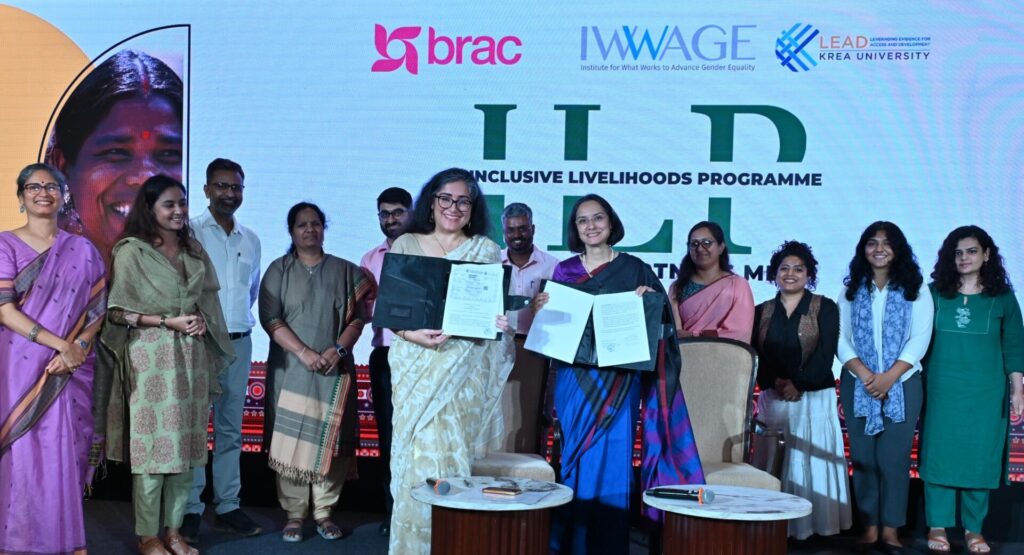One in every ten people in the world lives in extreme poverty, and this is predicted to worsen, with the climate crisis and conflicts expected to push millions more into poverty in coming years. Big investments are needed to reverse these trends – particularly ‘big push’, multifaceted approaches that are evidence-backed and government-led. This blog covers one of those approaches, known as Graduation, which started in Bangladesh in 2002 and has now supported millions of households across the world to lift themselves out of extreme poverty.
This blog was originally published on the Good Feed on August 11, 2024
If current trends continue, 690 million people across the world will still be living in extreme poverty by 2030.
However, that doesn’t have to be our reality.
Decades of experience and rigorous evaluations show us that multifaceted, ‘big push’ approaches offer one of several pathways for people in extreme poverty to act as agents of change and build long-term trajectories out of poverty. Such approaches combine resource transfers, skills development, and psychosocial support that – when adapted to the local context and provided simultaneously – alleviate the various barriers that trap people in extreme poverty.
As the world races to make progress on the Sustainable Development Goals (SDGs), including eradicating extreme poverty, development actors can support governments in integrating such evidence-based approaches into existing programmes to achieve greater and more long-lasting impact, reaching millions more people. Extreme poverty is not insurmountable, and we have the resources and the know-how to sustainably combat it.
In our recent article ‘Globalising Southern approaches to reducing extreme poverty’, we discuss how the Graduation approach went from being a Bangladesh-based, poverty alleviation approach to a widely adopted global intervention that has reached millions of people with governments around the world leading the charge.

